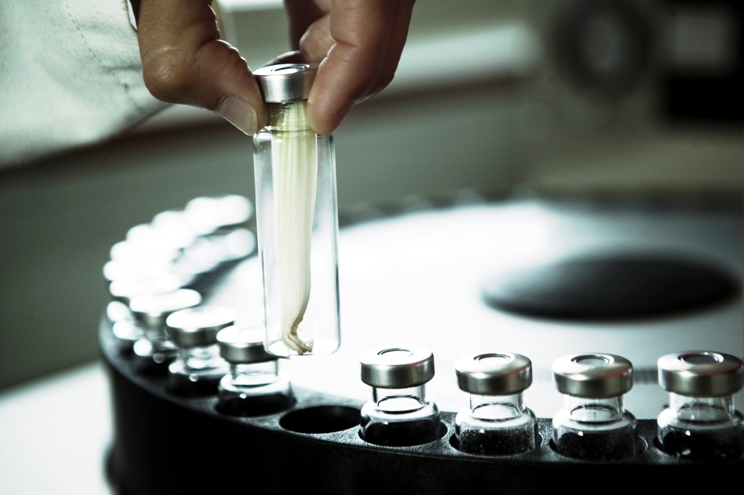 developing, applying and disseminating research- and technologically-based knowledge for the Danish and international business sectors, the Danish Technological Institute is playing an increasingly important role within the food and beverage industry.
developing, applying and disseminating research- and technologically-based knowledge for the Danish and international business sectors, the Danish Technological Institute is playing an increasingly important role within the food and beverage industry.A not-for-profit organisation, DTI has established a strong position as a research partner in collaboration with leading research and educational institutions both in Denmark and abroad. It participates in national and international (EU) research projects in order to make basic research available for applications in the food and beverage industry.
DTI’s most important task is to ensure that new knowledge and technology can be quickly converted into value for its customers in the form of new or improved products, materials, processes, methods and organizational structures. DTI works with new and existing companies on ways to enhance technological and management restructuring and efficiency, across a broad range of industries. It focuses on three key areas:
* Innovation and competitiveness;
* Management and training;
* Sustainable exploitation of resources.
Incorporating the Danish Meat Research Institute, DTI has extensive expertise in food analysis and in food production processes (technology and hygienic control and HACCP), particularly for the fish and meat industries, and in food ingredients. It also offers the food and beverage industry expertise in innovation processes both as consultants and as project managers.
One of the institute’s roles is to serve SME’s with the transfer of latest technology and research findings from university research. However, any food and drink company can benefit from DTI’s expertise in contract work or in funded projects and so avail of the services of independent and highly qualified experts.
Within its various departments the institute has all the relevant laboratories for chemical, physical, microbiological analyses, and sensory and consumer analyses and research. Consequently, all standard analyses, ad hoc analyses beyond standard analysis, and method development for analyses are carried out in state-of-the-art laboratories.
For example, DTI recently developed an advanced laboratory with expertise in micro-encapsulation techniques. Its other services include: sensory methods for rapid descriptive analysis and rapid consumer research; consumer testing internationally particularly for Europe and with specific expertise in China (in partnership with the European Sensory Network).





